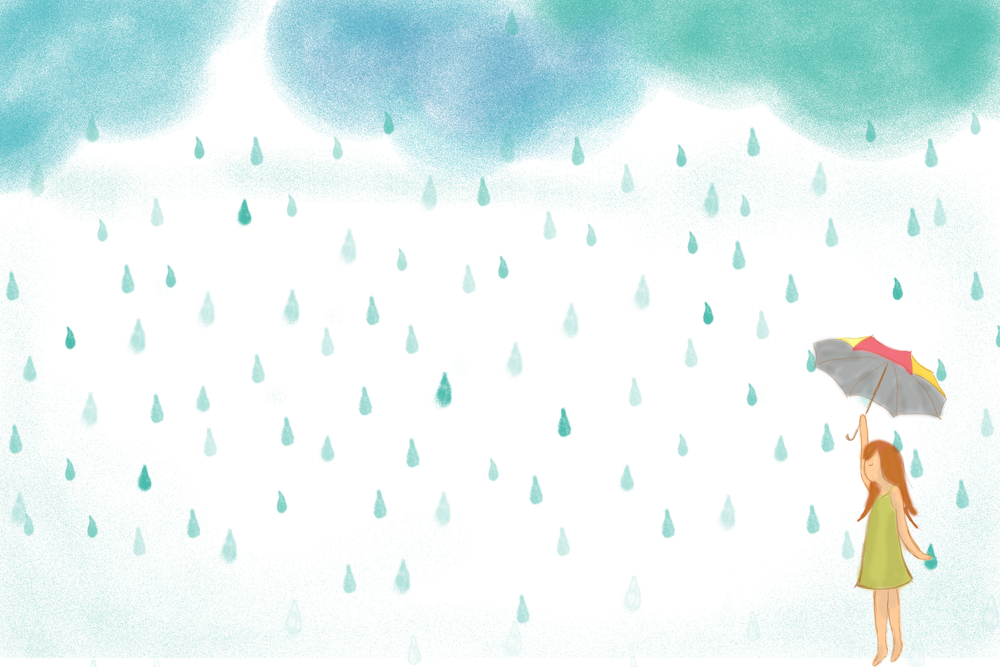Sadness is a natural human emotion, and we will all experience it at different points. Life provides us with continual ups and downs, and our feelings will change and develop as a response to our changing internal landscapes. Indeed, sadness is a universal component of being human, a language spoken by us all, which links us together through the bond of emotional experiences.
Why do I feel such sadness?
We will all feel sad for different reasons, and the depth or breadth of our sadness will differ depending on our own personal experiences, upbringing and individual psychological make up. There can be a myriad of reasons sadness can be experienced. For example, an argument with a family member or partner, a breakup of a relationship or the loss of a job or other important life changes. There is certainly no guideline for sadness, nor is there a way to predict or plan for it.
It is possible that one thing might be causing you to feel sad, or it might well be a combination of many different factors. Whatever the cause of your sadness or duration, it can feel overwhelming, difficult and in some cases, appear to have no visible end point. Feeling such deep sadness is a crucial aspect of our humanity, and is necessary for growth, change and personal understanding.
Why do I feel sad for no reason?
Trying to find the origin of our sadness is an important task yet is one that can feel difficult if we cannot reasonably put our finger on where our sadness might have arisen from. Trying to explain a feeling of unknown sadness to another person can be difficult and frustrating. Often this can lead to telling ourselves that the sadness must be unreal, or that a lack of explanation means it isn’t valid. However, this is not true. Sadness does not always have a rational or visible motive and can appear at the most unexpected times. It is not uncommon to find sadness within happiness, as well as the opposite. Sometimes sadness just is, and there are no reasons or identifiable causes, whilst this may be frustrating or tiring, it is an inevitable part of being human.
Sadness or depression
It is important here to make the distinction between sadness and depression as two separate experiences. The former, as described above, is a natural human experience occurring at different points for everyone, the latter, is a mental health condition, which can be experienced for prolonged periods of time, sometimes with absolutely debilitating results. In other words, sadness comes and goes, whereas depression can feel constant, dark and oppressive.
Defining the difference between an experience of sadness or depression will differ for us all. Below are some signals to look out for. This list is not exhaustive and is intended as an example only –
- A period of low mood that lasts for a few weeks
- Feeling as if you do not gain any enjoyment or pleasure out of life, or the activities you used to value lose their meaning
- A disturbed sleeping pattern, or not sleeping at all
- Experiencing thoughts of hurting yourself
- A lack in concentration on daily activities, such as work or
- An increase in eating for comfort, or a loss of appetite
How to manage feeling sad
- Grant yourself the permission to be sad
Sadness is a valid feeling, so allow yourself to experience it
- Reach out to a friend, work colleague or family member
They may not be able to take your sadness away but sharing how you feel with another person can be helpful.
- Find time to do things you enjoy with people who matter to you
This lessens the feelings of isolation often associated with sadness, allowing hope and light to surface.
- Remember that these feelings are not forever
It can, and most likely will, get better in time.
- Experience nature or get outdoors
A change of scenery can be a wonderful way to manage feeling sad.
- Experience your sadness one day at a time, or from moment to moment
Feelings shift, change and develop, and taking things slowly can allow sadness to be managed more easily.
- Remember that it is totally fine and normal to be sad
It may sound rather obvious, but just remembering this sadness is not rare or unusual is deeply meaningful.
How psychotherapy can help
It can be challenging to ask for support from your friends or family when you are sad. Psychotherapy offers an impartial, non-judgemental and safe environment in which you can explore your sadness, think about where it may have come from, and consider ways you can manage it. Sadness which presents itself is sometimes rooted further back. Psychotherapy offers the opportunity to explore how your past and present experiences may have impacted your feelings of sadness.
Originally published on WellDoing.org.
Follow us here and subscribe here for all the latest news on how you can keep Thriving.
Stay up to date or catch-up on all our podcasts with Arianna Huffington here.


